As a physician and Medical Director for Ketamine Wellness Centers I have seen so many amazing success stories. It is so invigorating and inspiring to hear about our patients getting their lives back thanks to Ketamine infusion treatments. Even though there are a multitude of studies from NIMH, Yale, Harvard, Mayo, UCLA, University of Birmingham, to name a few, there is still a hesitation among medical professionals to embrace Ketamine infusion as a viable treatment.
I have pondered and even asked other professionals the question: Why is the medical community reluctant to recommend Ketamine Infusion treatment for treating depression and chronic pain?
A colleague recently sampled a group of psychiatrists on attitudes about Ketamine infusion treatment for depression. Nearly 70% of those sampled said they were unlikely to recommend ketamine infusions in the next six months. That number is startling to me. There is over a decade of data showing the safety and efficacy of Ketamine infusion therapy in treatment resistant depression and even longer for chronic pain. The physicians who had no intention of recommending Ketamine infusions listed the potential for addiction as the leading barrier. However, many of these same physicians may have prescribed benzodiazepines, which recent literature shows these medications are used in 30% of all overdose related deaths.
Unfortunately, some healthcare professionals including physicians have seen the effects of Ketamine overdose/abuse and unfortunately correlate the two. Because there is no large pharmaceutical company multi-million dollar marketing campaign to educate about this treatment many don’t even know this treatment option exists.
Physicians also voiced concerns about the unknown long-term health risks to the patient. This drug has been FDA approved as an anesthetic since 1970. In the over four years we have treated we have not had a single adverse reaction. The scarier thought is we do know the possible result if people don’t get help and those results can be catastrophic.
Due to significant changes and pressure on CII narcotic management we have heard concerns from our patients that if they seek treatment elsewhere to include ketamine infusions they may be unable to continue to see their current physician. This leaves the patient in a very difficult position on where to try to find relief. It causes me to think we physicians need to review this oath we all took as we became doctors:
Hippocratic Oath:
…I will respect the hard-won scientific gains of those physicians in whose steps I walk, and gladly share such knowledge as is mine with those who are to follow.
I will apply, for the benefit of the sick, all measures, which are required, avoiding those twin traps of overtreatment and therapeutic nihilism.
I will remember that there is art to medicine as well as science, and that warmth, sympathy, and understanding may outweigh the surgeon’s knife or the chemist’s drug.
I will not be ashamed to say “I know not,” nor will I fail to call in my colleagues when the skills of another are needed for a patient’s recovery…
There continues to be major research to replicate the effects of Ketamine in a patentable pill form. Until this happens there is a safe and effective option for patients now. I urge everyone to become educated about this miracle treatment. Someone’s life may be depending on it.
Dr. Mark Murphy, Board Certified Anesthesiologist, Medical Director of Ketamine Wellness Centers, Inc.





